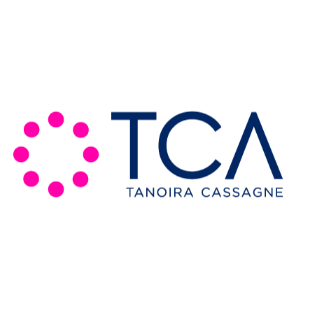Unlocking Argentina’s Infrastructure Potential under the RIGI Framework.
By Alexia Rosenthal and Ignacio Criado Díaz, Partners – Banking & Finance / Project Finance, TCA Tanoira Cassagne
Argentina’s new Régimen de Incentivo para Grandes Inversiones (RIGI) is already reshaping the country’s project finance landscape. Designed to attract large-scale, long-term investments through a combination of tax, customs, and foreign exchange stability, RIGI has become the cornerstone for landmark infrastructure and energy transactions in 2025.
At its core, the RIGI framework introduces a long-awaited layer of regulatory predictability and macroeconomic stability for investors entering the Argentine market. It guarantees 30 years of tax and foreign exchange benefits, including full access to the FX market for repayment of principal and interest, accelerated depreciation, and the elimination of export and import duties for qualifying projects. Moreover, it grants legal certainty through the stabilization of key fiscal parameters, ensuring that beneficiaries will not face adverse regulatory changes throughout the duration of their investments—a crucial feature in a country historically exposed to cyclical policy shifts.
Beyond its financial incentives, RIGI also creates a modern governance framework for large-scale projects, emphasizing transparency, environmental compliance, and alignment with international best practices. By introducing a streamlined approval process and providing investors with a single point of contact through a SPV, RIGI significantly reduces bureaucratic friction. The regime’s focus on long-term sustainability and infrastructure development positions Argentina to compete for global capital flows that are currently oriented toward emerging markets with clear, stable, and predictable rules.
TCA Tanoira Cassagne has played a leading role in two of the first major financings structured under this new framework. The US$3 billion Vaca Muerta Sur oil pipeline project—sponsored by YPF, Vista, Pampa Energía, Pan American Energy, Tecpetrol, and others—represents the largest energy infrastructure financing in Argentina’s history. The transaction, combining a US$2 billion syndicated loan with US$1 billion in equity contributions, will enable the construction of a 437-km pipeline connecting Vaca Muerta’s oil production hub to the Atlantic coast, unlocking the country’s export potential.
Similarly, the Sidersa RIGI financing marks a milestone in the industrial sector, enabling one of Argentina’s leading steel manufacturers to expand its production capacity through a sustainable investment plan aligned with the RIGI framework. Acting as legal counsel to the company, TCA advised on the cross-border structure, regulatory eligibility, and tax stability protections afforded by RIGI—elements that are now setting a precedent for future investments in Argentina’s manufacturing sector.
Together, these transactions illustrate how the RIGI framework is catalyzing Argentina’s transition toward a new era of large-scale infrastructure and industrial development, with local and international investors regaining confidence in the country’s long-term potential.

.png)
